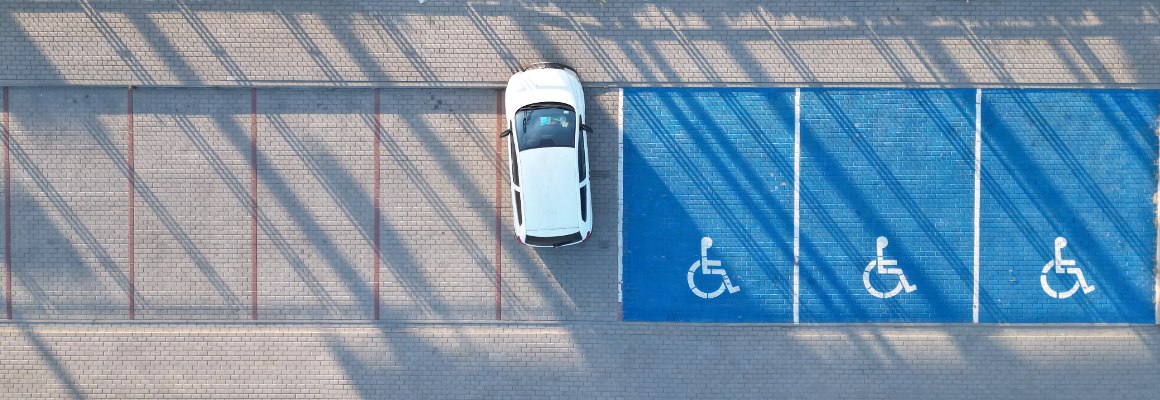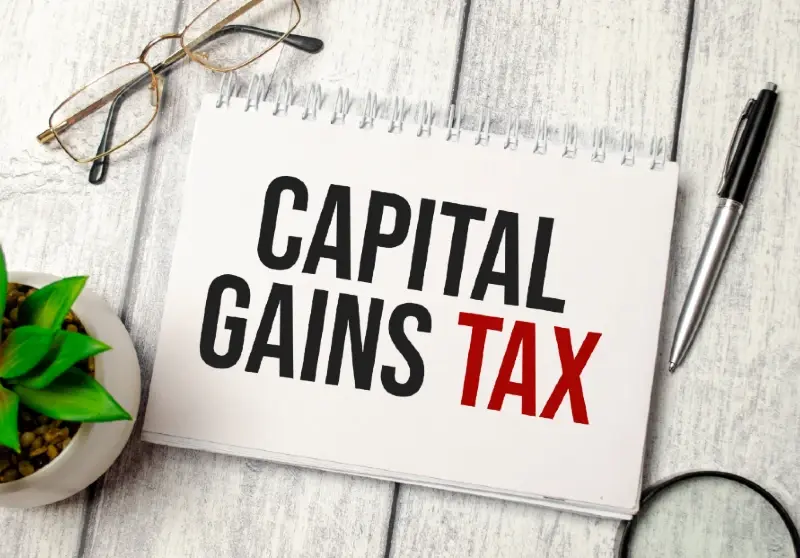Renting Out Your Driveway, Parking Space Or Garage
Growing numbers of homeowners are making a little extra money by renting out their driveway as cheap and convenient parking.
It’s especially popular if you happen to live near a rail station, concert venue or football ground.
And that’s fine if you’re a freeholder living in a detached property. But it’s a completely different matter if you’re a leaseholder.
As a leaseholder you don’t own the freehold of the land. You’ve merely purchased the right to live at the property for an agreed number of years. So in the eyes of the law, you’re a tenant – albeit one with more rights than someone who’s signed an assured shorthold tenancy agreement.
And as a leaseholder/tenant you almost certainly won’t have the right to sublet the property to someone else. But there are possible solutions so read on…
So Can I Rent Out My Driveway Parking Space Or Not?
As with so many residential leasehold matters, you will need to check your lease. It will probably contain a clause that:
- bans subletting part of the property
- places restrictions on subletting in general.
If the property in question includes a parking space – and then has a clause that forbids subletting – then you cannot sublet the space to someone else. This will be the situation for the vast majority of leaseholders.
There may be specific restrictions relating to parking. They may only permit one roadworthy vehicle under a certain weight, or they may prohibit general maintenance. These restrictions would make it difficult to let out the parking space.
What If My Parking Space Or Garage Is On A Separate Lease?
Some car parking spaces or garages are held on separate leases. However, these leases usually feature special protections that would allow letting of space only to a leaseholder of the building. It’s a question of security.
A separate lease also makes dealing with administration of the block easier – and therefore more cost-effective for the leaseholders.
If a management company has to resolve a parking issue, and maintain the parking spaces or structure, then that cost is going to be split between all the leaseholders of the building, and not applied solely to the person renting out the space.
Why Won’t My Lease Allow Me To Sublet My Parking Space?
Most leasehold properties are created with the view to be used as a ‘single private dwelling’, which means a private home for one family.
Leaseholders are finding that this clause prevents holiday lettings or letting out a garage or parking space with a view to making money.
As previously stated, it’s not your land – it belongs to the freeholder. But there’s more to all this than just the casual whim of the landowner. Renting out your parking space would also be likely to affect other leaseholders in the block.
This is one reason leases contain subletting bans. They’re not just there to protect the freeholder – they also safeguard the other leaseholders’ right to a peaceful and happy life at the block.
Think about it…
- What if your block is near an airport? Do your neighbours really want holidaymakers dumping their cars on your driveway for two weeks while they jet off to sunnier climes? What if the parked car causes an obstruction for a fortnight? What if it’s an unsightly old banger? What if it’s something larger, such as a van or minibus?
- What if your block is near a concert or festival venue? Large stadia take considerable time to empty out after a gig. Do your neighbours really want gig-goers retrieving their cars late at night? Car doors banging…noisy fans talking in raised voices because their ears are still ringing…engines revving. Not ideal is it?
- What if your block is near a football ground? Picture the concerts/festivals scenario outlined above but with the prospect of added chanting. Again, not ideal.
- What if the person who’s hired the parking space bumps into a neighbour’s vehicle while they’re trying to manoeuvre in or out? They may not be honest enough to leave a note. A steady stream of anonymous motorists raises the risk of damage to your neighbours’ vehicles.
There’s also the issue of whether the parking spaces are marked or not. If they’re not properly marked then people could park in the wrong place, inconveniencing your neighbours. And even if they are marked, sooner or later someone will park in the wrong place. They always do.
What If I Were To Rent Out My Home Using Airbnb?
It’s safe to say that many leases pre-date the arrival of websites and apps such as Airbnb and JustPark by quite some margin.
These popular apps are a normal part of everyday life now. But that ubiquity doesn’t give you an automatic right to use them at your leasehold property if the lease says you can’t.
It’s also important to note that subletting a property on a holiday letting basis – such as through Airbnb – is also in breach of most mortgage conditions.
What If I’ve Bought The Freehold?
Good question – but in purchasing the freehold, what have you actually bought? You’ll almost certainly have purchased a share of the freehold, a share in the company that owns the freehold.
This means there will still be a lease. And you as a leaseholder – even one who has purchased a share of the freehold – will still be bound by the terms of that lease.
Think back to those reasons why inviting lots of strangers to use the property or parking could be a bad idea. The lease is there to help ensure harmony at the block, to make it easier for all the leaseholders living in close proximity to get along without annoying each other (though chance would be a fine thing, knowing many blocks).
Find out more here about the difference between leasehold and freehold property.
So What’s The Solution?
Get legal advice on the precise terms of the lease: there may be a loophole or opportunity.
For example, if you have taken over the freehold, you should look to produce new leases to get the full value out of the purchase. You can amend clauses on subletting at the same time you extend the lease to 999 years and reduce the ground rent to a peppercorn (ie, virtually nothing).
Alternatively, you can approach your freeholder to request a change in the lease terms. For that, you would need a deed of variation. Generally speaking, all the other leaseholders would need to agree to the changes. It is possible to vary a lease without 100% agreement but this would require an application to the First-tier Tribunal (FTT).
As with so many aspects of residential leasehold property, it pays to get expert advice from lawyers who specialise in this complex field of the law.
Get Expert Legal Advice
For more information about leases and deeds of variation, contact Coles Miller’s specialist residential leasehold property solicitors. They are based at our Bournemouth office.








